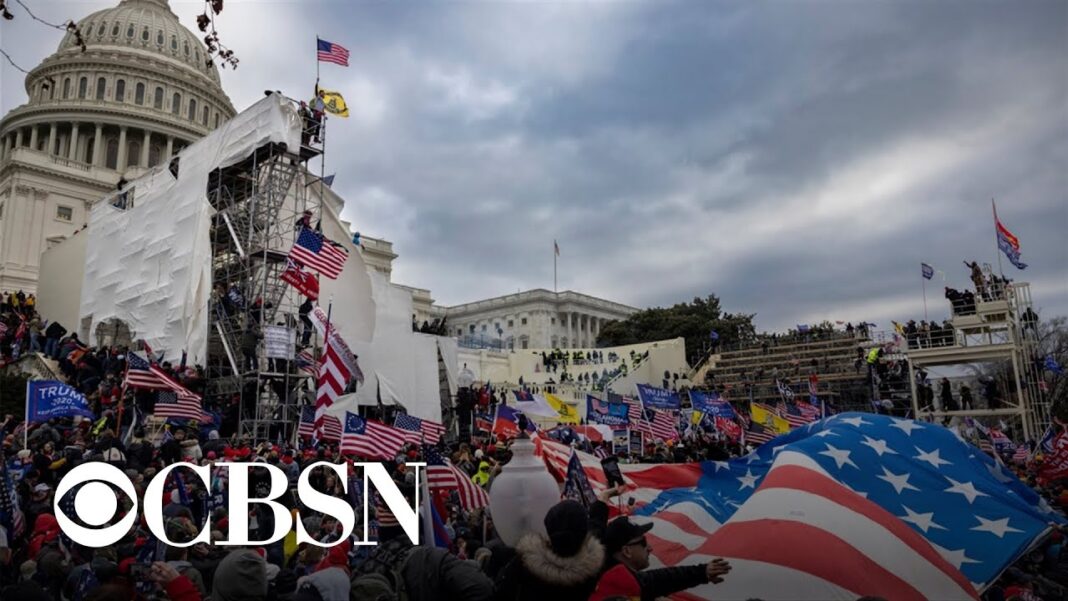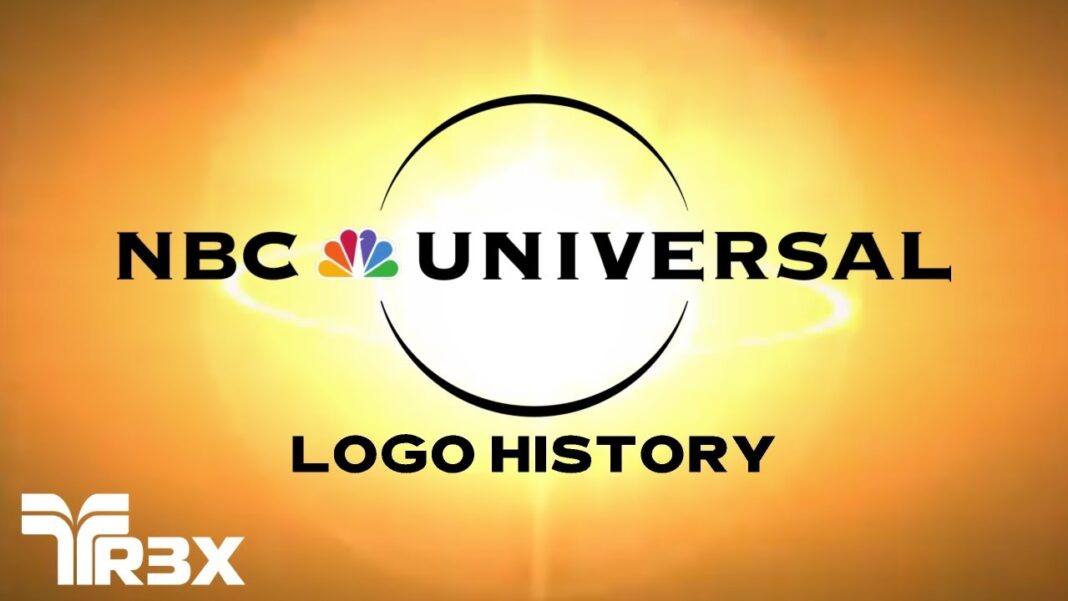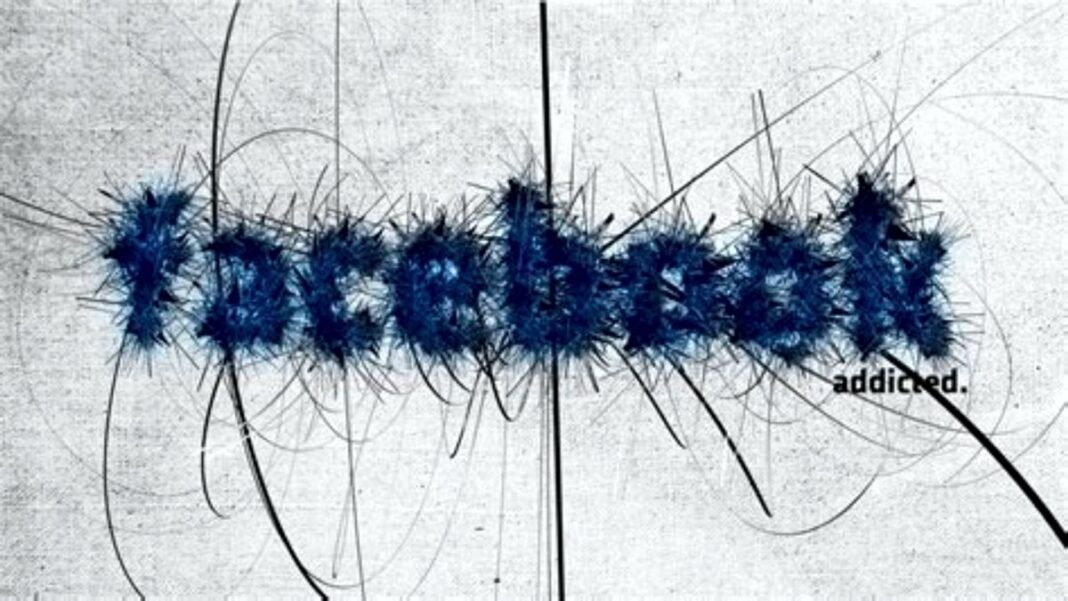A subpoena issued by the House Select Committee to Investigate the January 6 Attack on the United States Capitol seeking private cell phone information from Verizon is not valid for at least five reasons, according to a lawsuit filed earlier this week in federal court by a noted constitutional law professor.
The suit, filed on Dec. 14 by Professor John Eastman in the U.S. District Court for the District of Columbia, asks that the select committee’s subpoena to Verizon for his “phone records, text messages, contact lists, etc. for the period of November 1, 2020 to January 31, 2021,” be declared invalid.
Eastman’s action is one of several recently filed in federal court that could result in a court ruling that forces Speaker of the House Nancy Pelosi and other Democratic leaders to either reorganize and relaunch the select committee or shut it down completely.
Eastman claimed the subpoena to Verizon is invalid for the following reasons:
- “First, public statements by J6 Committee members make clear that the Committee is attempting to exercise a law enforcement function, rather than genuine legislative activity. The United States Congress has no power to issue subpoenas for law enforcement purposes.
- “Second, the subpoena was issued in violation of House Rules and the J6 Committee’s own authorizing resolution … the Committee’s lack of validly appointed minority members or a validly appointed “ranking minority member” makes such compliance impossible. A subpoena issued in violation of applicable House Rules is invalid.
- “Third, the subpoena violates the Fourth Amendment. Dr. Eastman has a reasonable expectation of privacy in the private cellphone information which the Committee now seeks to access without a search warrant.
- “Fourth, the subpoena violates the First Amendment. The subpoena seeks detailed information on Dr. Eastman’s protected First Amendment activity. Allowing a highly partisan congressional committee to invade the First Amendment activity of a political opponent would have a chilling effect on free speech.
- “Finally, the subpoena infringes attorney client privilege. In addition to his academic work, Dr. Eastman is engaged in the practice of law representing clients. The subpoena makes no provision for protecting attorney client privileged information.”
Eastman, who describes himself in the suit as “a political conservative who supported former President Donald Trump, which puts him at odds with the Committee’s highly partisan membership,” is a former Dean of the Chapman University Law School and professor of Constitutional Law, Legal History, and Property.
Separately, the select committee said it also subpoenaed Eastman for deposition because he “appeared to have been instrumental in advising President Trump that Vice President [Mike] Pence could determine which electors were recognized on January 6, a view that many of those who attacked the Capitol also shared.”







